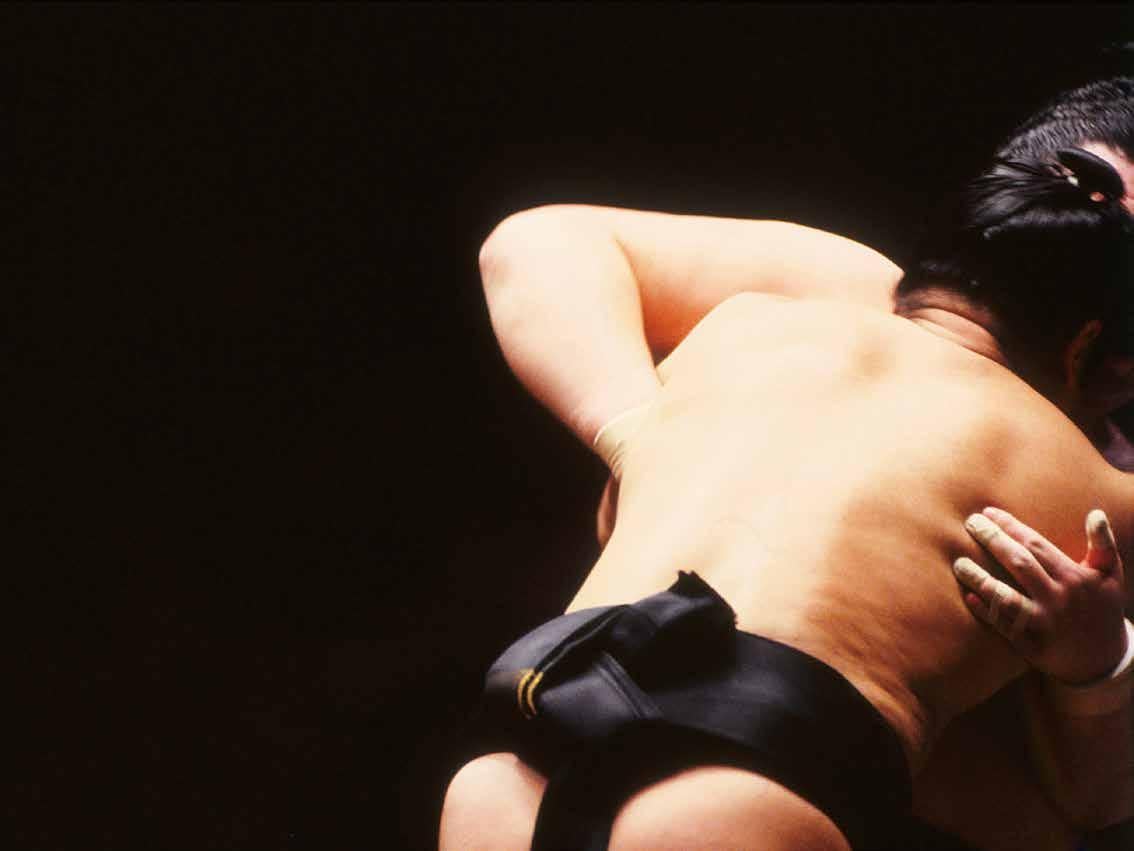[TOHOKU UPDATE]
THE UNSEEN IMPACT We chat to the founder of APRICOT, an NPO that’s committed to counselling children who survived the 2011 Great Tohoku Earthquake. Words Nick Narigon
T
he kids are too skinny, thought Andrew Grimes. The Tokyobased clinical psychologist was entertaining a group of toddlers last October in Date, a city 60km from the crippled Fukushima Daiichi Nuclear Power Plant, and the children’s body weight, bone and muscle development all seemed well below normal. ‘It was an eyeopener,’ says Grimes, who has over 25 years of professional counselling experience. ‘The children in Fukushima and in other parts of Tohoku are not being allowed to go out of the house at all. They stay with their mothers all the time because of fear of radiation.’ Grimes believes there’s a growing mental health problem in Fukushima, Miyagi and Iwate prefectures – the main areas devastated by the 2011 Tohoku earthquake and tsunami – and that it’s on the verge of becoming a national crisis. The disaster killed nearly 16,000 people, and those who survived
The kids aren’t all right APRICOT hosts regular events to raise money and awareness
are still dealing with the psychological trauma. For a year after the earthquake, aftershocks continued to rock Japan nearly every day. By the second year, the suicide rate had increased, and reports of domestic abuse were emerging from homes with no prior history of violence. Four years later, a quarter of a million people are still living in temporary housing. Research has shown that one in four people in Fukushima suffer from depression, and one in three children
One in three children in Tohoku are suffering from mental health issues
78 For your full, up-to-the-minute guide to Tokyo visit timeout.com/tokyo
in the wider Tohoku region are already experiencing mental health issues. To address the situation, the government has set up regional mental healthcare centres headed by local universities, but Grimes dismisses these as mere ‘window dressing’. ‘Nothing was changing in a fundamental way,’ he says. ‘The infrastructure, roads, railways… For business purposes, the government did that. But regarding the need to protect and provide professional mental healthcare for people who were already developing mental health disorders, and those at risk of developing mental disorders, there was virtually no effort whatsoever.’ Taking matters into their own hands, local mental healthcare professionals have been forming
non-profit organisations (NPOs) to help counsel survivors and provide accurate information. ‘[We] couldn’t ignore the people who were suffering from fear of radiation,’ says Kanae Narui, a counsellor with the Fukushima Society of Certified Clinical Psychologists. ‘There were lots of rumours everywhere, so most people were confused, especially parents who have children and had to decide [whether] to stay there or move immediately. In such a terrible, confusing situation, it was necessary to organise and to gather necessary information, and to create some special place to support them – not only physically, but also psychologically.’ Although the NPOs have provided counselling and assistance to thousands of people, Grimes says there are still hundreds of thousands more who need professional help. He founded APRICOT (Allied Psychotherapy Relief Initiative for the Children of Tohoku), which gained NPO status in 2014, to provide financial support for the Tohoku organisations that are habilitating people with developing mental health disorders. ‘We are sitting in Tokyo: we’re in a place where money is around,’ he says. ‘What we are trying to do is raise money here in Tokyo through initiatives we organise... but we are also trying to raise awareness.’ An APRICOT event held at the Belgian Embassy in March this year raised ¥1.5 million. Grimes says the next step is to get accepted by the online crowdfunding platform GlobalGiving, which charges only the minimum transfer fee to NPOs for monetary transactions. ‘We have to take it a step further,’ he says. ‘In February I went up to Minamisoma, which is in the 20 to 30 kilometre range [from Fukushima Daiichi], and the sense of hopelessness was tangible. It is tangible throughout Fukushima.’ For more information or to find out how you can help, visit apricotchildren.org








